Ten amazing things Oldham has given the world
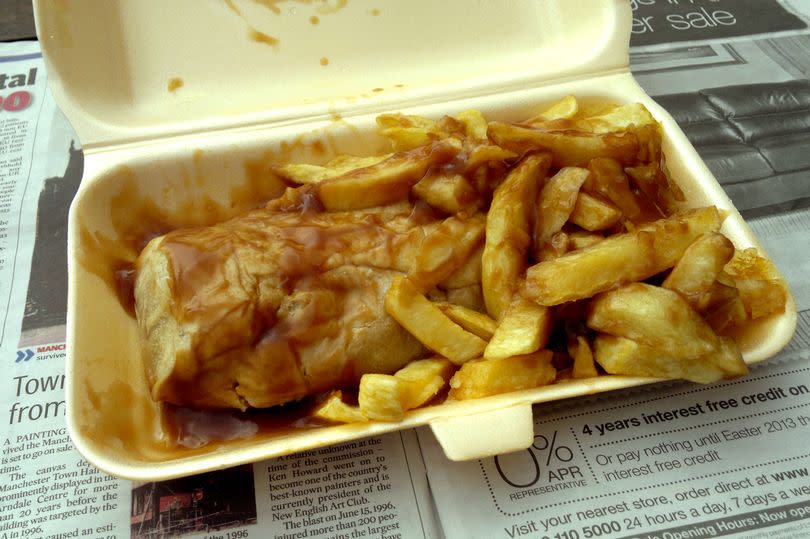
This year sees the Greater Manchester town of Oldham celebrate its 175th anniversary.
The Borough of Oldham first came into existence on November 1, 1849 thanks to a charter being granted earlier the same year on June 13. A formal election process took place and the town’s first ever mayor, William Jones, was appointed in December 1849.
Of course, people lived in the region now known as Oldham for thousands of years before it officially became a borough. Evidence of human presence in the region has been discovered in the form of Neolithic flint arrow-heads and workings found in Werneth and Besom Hill, dating back as far as 10,000 years ago.
READ MORE: The lost and abandoned 'ghost villages' around Greater Manchester
Later evidence of Roman occupation, including the remains of a Roman road, have been discovered at sites in Oldham. It's also known that Anglo Saxons occupied the territory later.
Part of the historic county of Lancashire, Oldham came to prominence during the Industrial Revolution, leading the world in textile manufacture during the 19th century. In 1974, Oldham became part of the new metropolitan county of Greater Manchester.
To celebrate Oldham's 175th year, the Manchester Evening News has made a list of 10 things Oldham has given the world. From local delicacies to world changing medical advancements, here are some of the Greater Manchester town's finest moments.
Mills - lots of them
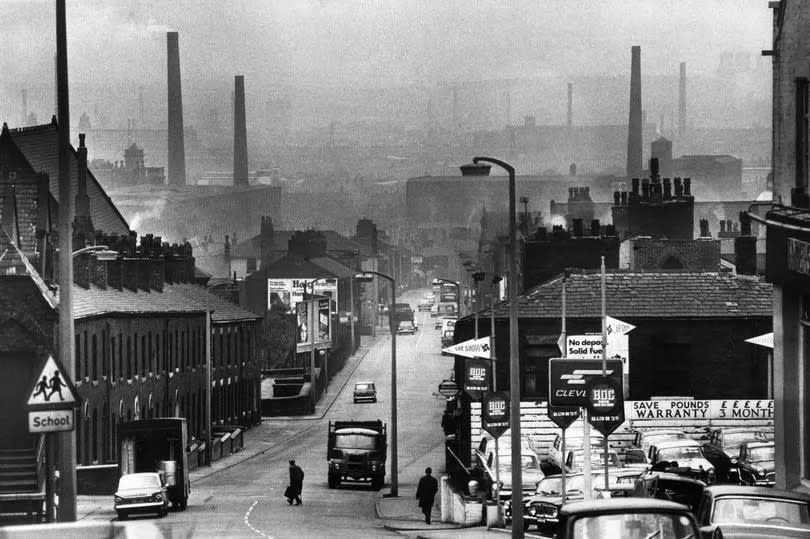
During the industrial revolution, the town of Oldham rose to become the cotton spinning capital of the world. By the second half of the 19th century, over 30% of the town's population was employed in the textile sector.
Oldham overtook Manchester and Bolton during the mill building boom of the 1860s and 1870s. And, by the time Elk mill - the UK's largest textile factory - was built in Oldham in 1927, there were over 360 mills in the town operating day and night.
Join our WhatsApp Top Stories and, Breaking News group by clicking this link
Women's rights
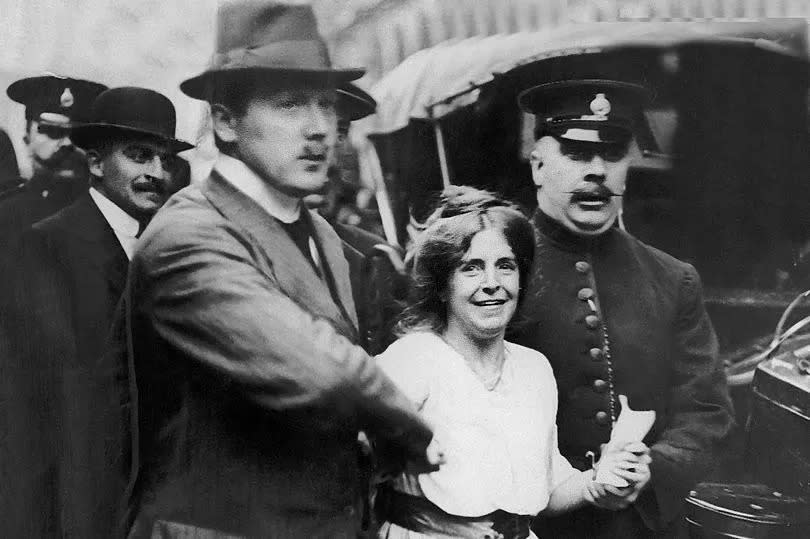
Annie Kenney, born in Springhead, Oldham, in 1879 was a leading figure along with members of the Pankhurst family in the suffragette movement. A worker in Oldham's cotton mills, she was one of the first Suffragists to be imprisoned after heckling Winston Churchill during a Liberal rally in Manchester in 1905. Kenney went on to be jailed 13 times and partook in hunger strikes protesting over injustices.
Join our Greater Manchester history, memories and people Facebook group here.
Kenney died in 1953 at the age of 73. She was posthumously recognised in 1999 by Oldham Council, who erected a blue plaque in her honour at Lees Brook Mill, where she started work in 1892. In 2018, a statue of Annie Kenney was unveiled outside Oldham Town Hall.
Inspiral Carpets

Helping to inspire the late '80s/early '90s Madchester movement, rock indie pioneers the Inspiral Carpets formed in Oldham in 1983. They rose to prominence - defining the sound of an era - alongside the Stone Roses and Happy Mondays, releasing their debut album Life, in 1990, which reached number two the UK's album charts.
Inspiral Carpets have had many line-up changes through the years, and in 2016, the band was rocked by the death of drummer and founder member, Craig Gill. In 2023, the group reformed for a tour of the UK and Australia, delighting fans old and new.
Brilliant performers and presenters
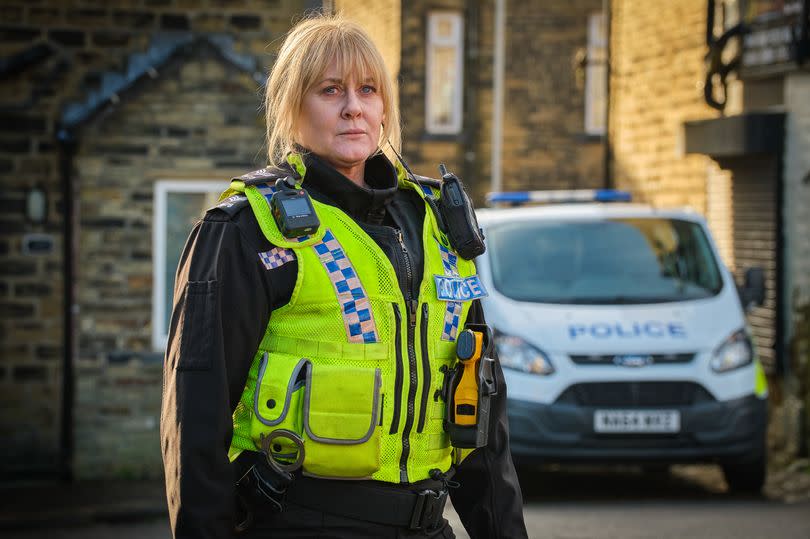
With a rich history in the world of theatre, it's no wonder Oldham has introduced the world to some top performing talent. Award winning actresses Bernard Cribbins, Sarah Lancashire and Suranne Jones all hail from Oldham.
Love Greater Manchester's past? Sign up to our new nostalgia newsletter and never miss a thing.
In the world of TV and radio, presenters Phillip Schofield, Nick Grimshaw and Brian Cox are all from Oldham - while comedy duo Cannon and Ball were both born in the Greater Manchester town.
Tommyfield Market
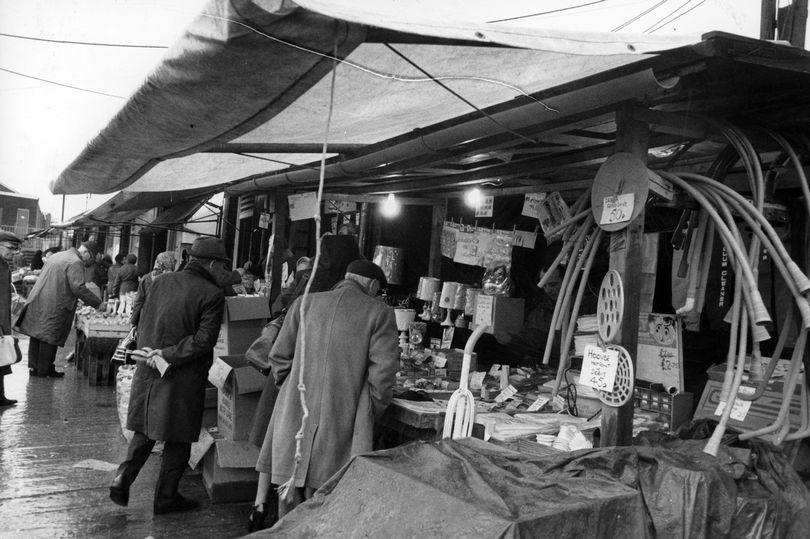
In the heart of Oldham, Tommyfield Market is one of the most famous in Greater Manchester. The first market established itself in the town in 1788, before being held on land owned by Thomas Whittaker, near Albion Street.
This soon became known as Tommyfield and then Tommyfield Market, which is still going strong today. The original Market Hall was destroyed by fire in 1974 and was later replaced by a temporary market building before work began on a new market hall in the 1990s.
The tubular bandage
One of Oldham's greatest claims to fame is that the tubular bandage was invented there in 1961. The town's small but vital contribution to advancing medical science came with a collaboration between local firm Seton and a local cotton manufacturer. Since then the tubular bandage has become commonplace in hospitals around the world.
Chip shops
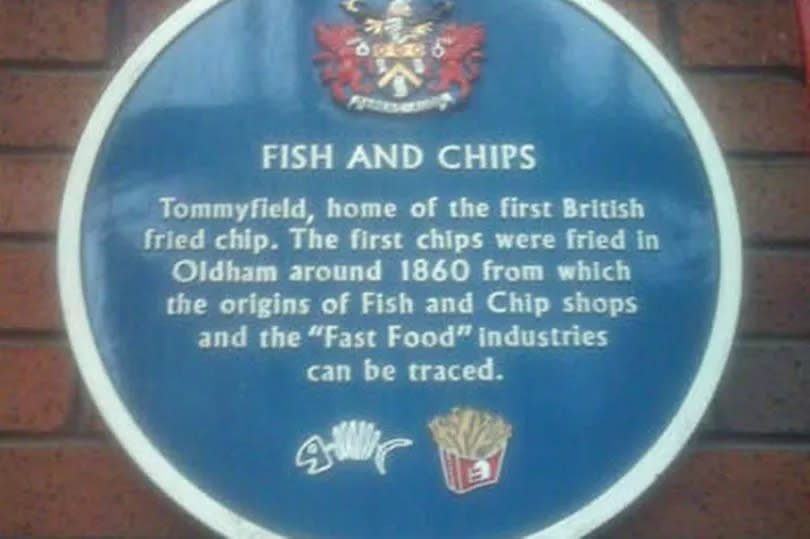
Traditionally, a 'chippy tea' was enjoyed as a Friday treat or supper, but now it is devoured at all times of the day and night across Britain. But the first chips were fried in Oldham - to which the origins of fish and chip shops and the fast food industry can be traced. A blue plaque at Oldham's Tommyfield Market commemorates the first ever frying of the chip in Britain in the area, going back to 1860.
Rag pudding

Rag puddings are a traditional Lancastrian savoury dish said to have been invented in Oldham. Made from suet, flour and beef, the puddings take their name from the cloths they are wrapped in while they are boiled.
It is believed they were created by poverty-stricken housewives who would collect scraps of meat and wrap them in a suet pastry casing to make a meal. Officially they were then supposed to be wrapped in muslin cloth and boiled but many made do with old rags such as cut-down pillowcases.
Today they still are available in some chip shops, especially in the Oldham and Rochdale areas. They are usually accompanied by chips, gravy and mushy peas.
Yates's Wine Lodge
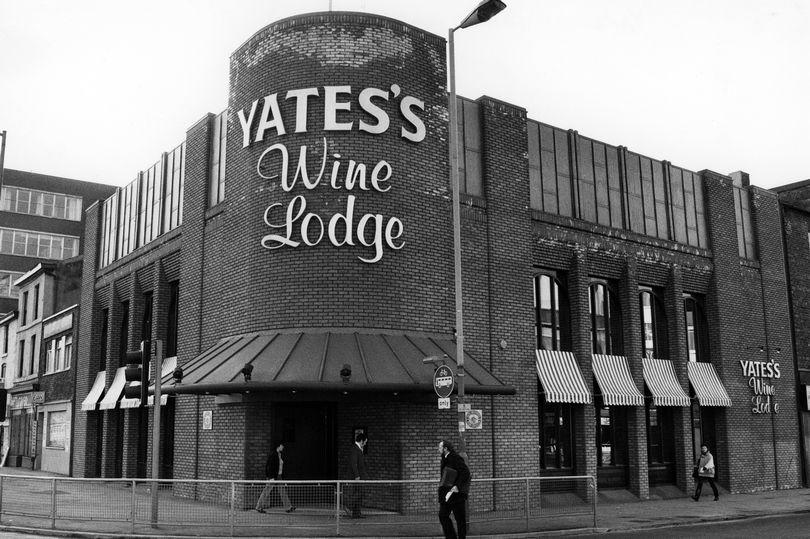
Yates' is Britain's oldest pub chain, with the first Yates Wine Lodge opening in Oldham in 1884. Within twenty years of first opening, there were nearly 20 lodges throughout Lancashire. During World War II the company became the first company in Britain to import Australian wine.
Yates' also became known colloquially as 'Blob Shops' for selling the hot 'blob' drink. And in 1996, many Yates' were rebranded as 'Blob Shops' across Britain.
In 2011, Stonegate purchased the Town & City Pub company, acquiring Yates and Slug & Lettuce brands. In 2013, the brand dropped the words 'Wine Lodge' after its name in an attempt to appeal to a younger crowd.
The site of the original Wine Lodge is now a McDonald's restaurant and is marked by a plaque on Oldham High Street.
Birthplace of world's first 'test tube baby'
On November 10, 1977, in Oldham General Hospital (now Royal Oldham Hospital), an embryo was taken from a petri dish and implanted into Lesley Brown – making her longed-for daughter Louise the first-ever ‘test tube baby’, and signalling a landmark moment in history.
The pioneering technique was the work of embryologist Jean Purdy, and paved the way for millions of babies born through in vitro fertilisation (IVF) to parents who would not otherwise be able to conceive.

 Yahoo News
Yahoo News 
